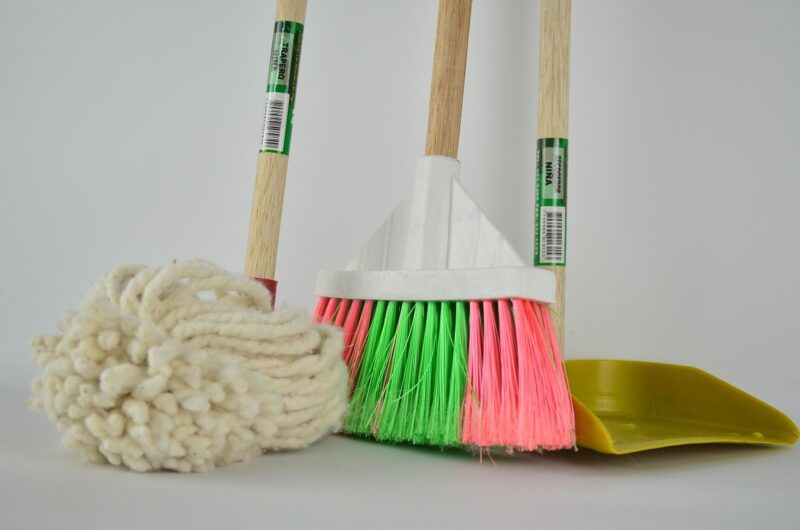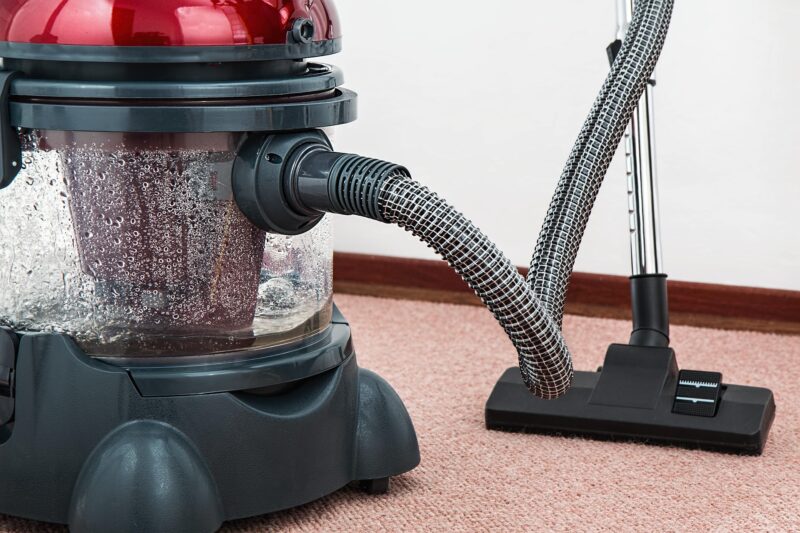Tiles are a popular choice for flooring and walls in modern homes due to their durability, sleek appearance, and low maintenance requirements. Even the most durable tile surfaces are susceptible to the gradual accumulation of dirt, microbial growth, and stubborn grime, ultimately diminishing the overall sanitary conditions and visual integrity of a home. Regular tile cleaning plays a significant role in maintaining indoor hygiene, ensuring that living spaces remain safe and pleasant for the household. Homeowners who wish to learn more about best practices in maintaining clean tiles often discover that consistent cleaning habits go a long way in promoting a healthy environment.
Preventing Bacterial Growth and Allergens
Tiles, especially in kitchens and bathrooms, are constantly exposed to moisture and organic matter that can encourage the growth of bacteria and mold. If not cleaned routinely, these microorganisms can settle into the grout lines and surface pores, creating potential health hazards. Dust, pollen, and pet dander may also accumulate on tiled floors, triggering allergies and respiratory discomfort for sensitive individuals.
Regular mopping, paired with occasional deep cleaning, helps reduce the risk of bacterial build-up. For homeowners with children or pets, maintaining a consistent tile cleaning schedule is particularly important, as it minimizes exposure to allergens and contributes to a healthier home.

Enhancing Indoor Air Quality
While it may not be immediately apparent, tile cleanliness directly impacts indoor air quality. Dust and dirt trapped on tile surfaces can be stirred into the air as people walk across the floor, leading to airborne particles that affect breathing comfort. Bathrooms and kitchens are even more susceptible due to steam and humidity, which can cause hidden mold growth in grout lines.
Using the right cleaning solutions and tools helps remove particles that compromise air quality. For best results, homeowners should avoid harsh chemicals that release fumes, opting instead for neutral cleaners that effectively sanitize without leaving strong odors behind.
Protecting Tile Longevity and Home Aesthetics
Pristine tiles not only uphold sanitary conditions but also safeguard the aesthetic integrity and ambience of a residence. Over time, layers of dirt, leftover soap, and unnoticed stains can dull the shine of the tiles, giving the floor a tired and neglected look. Grout discoloration is another common issue that can make even a recently mopped floor look unclean.
Routine maintenance prevents the build-up of grime and extends the life of tiles, delaying the need for costly repairs or replacements. In addition to standard sweeping and mopping, periodic deep cleaning of grout lines ensures that the home maintains its polished and well-kept appearance.
Balancing DIY Care with Professional Assistance
While daily or weekly cleaning routines are manageable for most homeowners, some areas require periodic attention from professional cleaning services. Tile and grout can develop stubborn stains or hidden mold that regular household cleaning tools may not completely address. Professional tile cleaning often involves specialized equipment and cleaning agents designed to penetrate deeper, ensuring a more thorough sanitization of the surface.
Combining DIY cleaning efforts with occasional professional service helps maintain hygiene standards and ensures that tiles remain in optimal condition for years to come.
A Healthy Home Begins with Clean Surfaces
Maintaining indoor hygiene requires consistent attention to surfaces that people use and walk on every day. Tile cleaning is a fundamental part of this routine, as it prevents bacterial growth, improves air quality, and protects the overall appearance of the home. A clean tile floor contributes to a safe, comfortable living space for all family members. Homeowners who want to learn more about proper maintenance can explore safe cleaning techniques, recommended schedules, and professional care options to create a healthier indoor environment.

